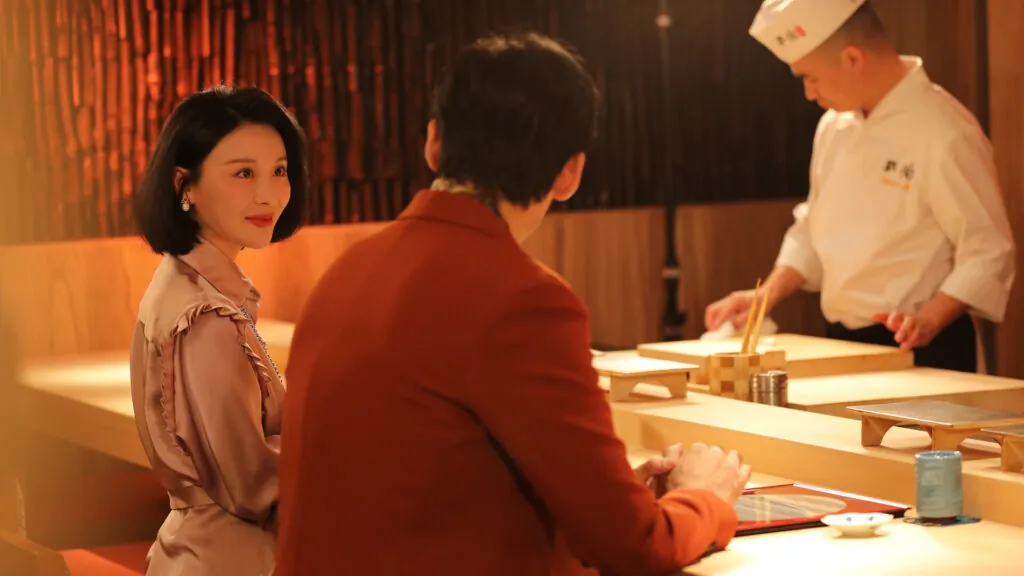Many online commentators called the past weekend another escalation in China’s ongoing “gender war”. A video game called Revenge on Gold Diggers (捞女游戏, more on the name later) sparked huge support but also fierce backlash. Enthusiasm came largely from male gamers and netizens, while criticism was driven by their female counterparts, joined unexpectedly by social media platforms and state-owned media outlets.
The game is closer to an interactive movie with live-action cutscenes. The protagonist navigates through romantic mind games and fraud against the gold diggers. It was directed by Hong Kong filmmaker Mark Wu and is praised by some reviewers for its cinematics. It was quickly welcomed by the traditional male-dominant gaming community with 88,695 simultaneous players at its peak and an overwhelming 97% positive rating.




However, it was swiftly criticised for its tacit misogyny and for portraying stereotypical “gold diggers” who try to seduce the protagonist for power or money. Women online are calling for a boycott. In fact, the “捞女” phrase in the title itself comes from Cantonese, usually meaning prostitutes, but has recently been adopted by Mandarin speakers as women who seek money in relationships. The backlash rapidly gained traction in state-owned media, and the game was criticised for agitation and provoking gender antagonisation. Not only did director Wu‘s social handles get banned on multiple platforms, but the title had to change its Chinese name to “情感反诈模拟器” (lit. Anti-Romance Scam Simulator) while the English title remained unchanged. All the trending hashtags on Weibo, China’s Twitter equivalent, were also banned.
Pressure from platforms and mainstream media fuelled conspiracy theories, including claims that the civil service, or even the government itself, had been infiltrated by a feminist ‘deep state’ intent on oppressing men. Some reviewers lament that the game doesn’t deserve to be panned, as all the “gold diggers” in the story are actually complicated characters. In fact, the game is more critical of societal attitudes towards women as “gold diggers” than of women themselves. It seems that both the cult following and the intense controversy stem from the game’s provocative title and its market appeal to the “manosphere” audience, at a time when feminism remains a thorny issue in China.




